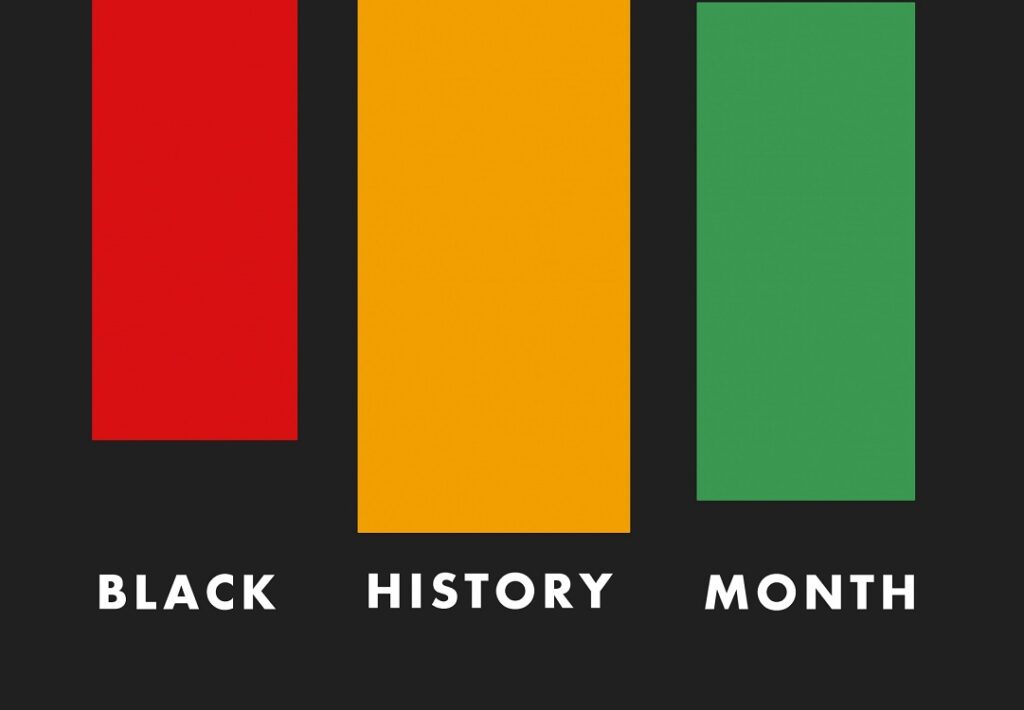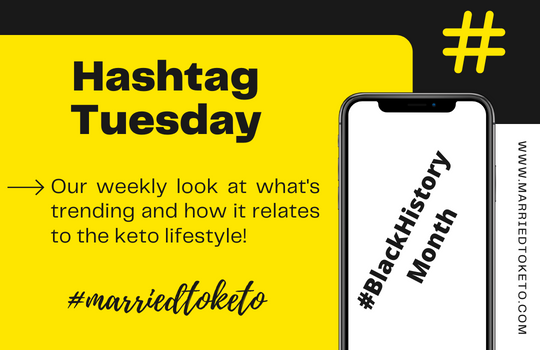As a middle-aged White Canadian woman, I am very aware of my privilege. I am also aware that African Canadian and African American people have very different life experiences than I do. I do not fear for my life if I get pulled over during a traffic stop. People in stores don’t follow me around, assuming I am going to steal something because of the color of my skin. This blog celebrates Black History Month as a time to reflect specifically on how Black people have overcome and continue to need to overcome the barriers others place on them each and every day.
The Origins of Black History Month
The focus on Black history started as a week in February by Carter Woodson in 1926. Then, in 1976, it expanded to a month. Why February? It celebrates two important men who were born in February. The first is Frederick Douglass. He was a former enslaved man in the 1800’s who spoke out for the freedom of all enslaved people and on equal rights for women. The second man was Abraham Lincoln. He was the president of the United States who fought for the freedom of enslaved people.
Why Do We Need Black History Month?
This question drives me crazy. As a white woman, I know that they should not need a month, because their contributions and the barriers set before them exist every month. But, they are not. If you look at what schools teach, we focus on white (male) history. In Canada, I learned that enslaved people came here through the underground railroad to enjoy freedom. I did not learn until much later that many Black people were also enslaved in Canada. We conveniently left out that part of the story.
Is it just about history? It is not! In the United States, African Americans are more likely to die of chronic illnesses at a younger age than White Americans. African Americans ages 18-49 are more likely to die from heart disease than White Americans. Those aged 35-64 years of age are 50% more likely to have high blood pressure. Other chronic illnesses that African Americans are more likely to have than White Americans include diabetes, stroke, cancer, and asthma.

The Reason for African Americans Dying Younger than White Americans
Is it just that African Americans eat more sugary treats and fried, processed foods? Of course not. It comes down to a lot of social factors – factors that can change if we recognize prejudice for what it is. Black Americans are more often in service jobs, rather than white collar jobs that offer access to health insurance. Because they are more likely to live pay check to pay check in lower paying service jobs, they are more likely to live in areas that are less able to access proper health care. They are also more likely to live in areas that have environmental issues.
Can Keto Help the Health Disparities?
Keto can certainly help with some of the chronic health issues experienced by African Americans, such as diabetes. But, that is a band aid solution to a much deeper problem. The reasons for the illnesses are social more than physical. It’s not about what Black Americans and Canadians eat, or the way their bodies work. It’s about constantly being in a fight or flight state of being because of their level of stress – and that’s not okay.
A Final Thought About Black History Month
The recent death of Tyre Nichols at the hands of police officers tragically illustrates why we need Black History Month. The fact that I didn’t learn that Canada allowed slavery until 1834 illustrates why we need to learn about our own parts in the injustices to Black people. And, the fact that we place blame on people for chronic health issues when our society is a big part of the problem is why we need Black History Month.
As a White woman in Canada, I stand with, but slightly behind, the African Canadian people in my community. I will celebrate Black History Month by learning what I can from the people around me who know the history and know the many struggles Black Canadians face every day. I will educate myself, while recognizing that I don’t share in these struggles – simply because of the color of my skin.
Wendy



